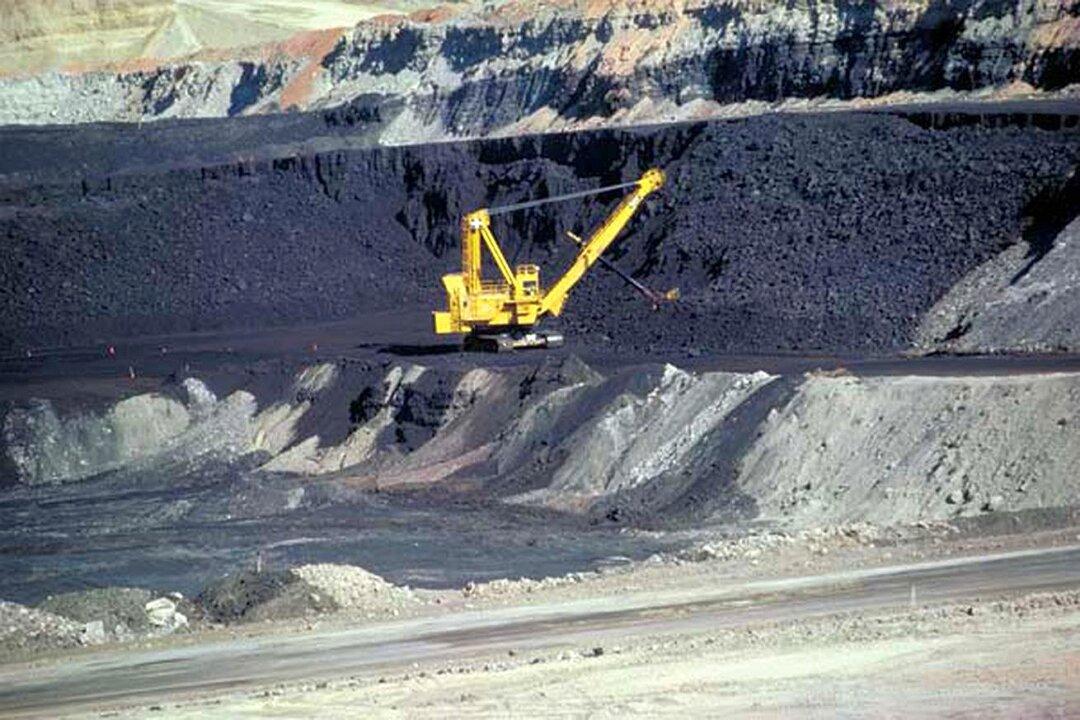The federal government has blocked new coal mining on federal lands and underground mineral reserves in the Powder River Basin, the largest coal-producing region in the United States.
Notice of the U.S. Bureau of Land Management’s (BLM’s) decision to end new coal leases in an area spanning northeast Wyoming and southeast Montana was published in the Federal Register on Nov. 27.




